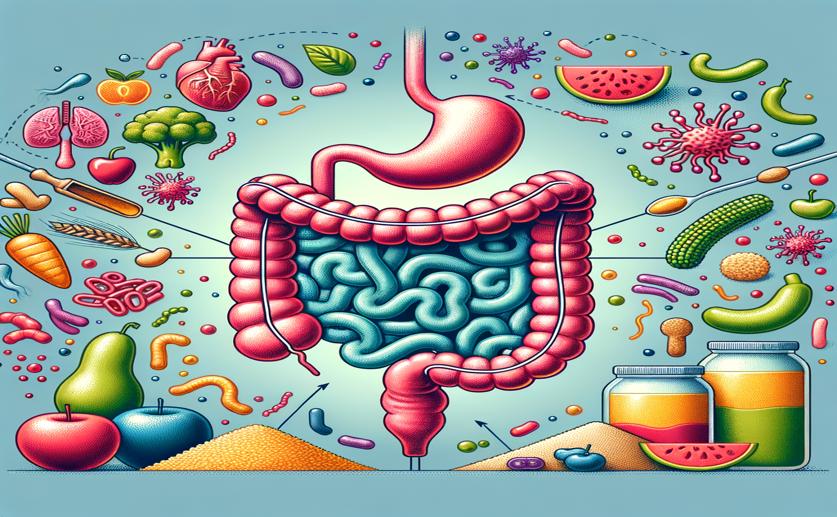
Understanding How Diet and Gut Bacteria Affect Crohn's Disease
Jenn Hoskins
16th August, 2024

Image Source: Natural Science News, 2024
Key Findings
- The study from Sun Yat-sen University found that Crohn's disease (CD) patients consume fewer polyphenols compared to healthy individuals
- CD patients have a reduced capacity for flavonoid degradation due to an altered gut microbiota
- Lower levels of serum hippuric acid (HA), a beneficial polyphenol metabolite, were observed in CD patients, linked to less healthy gut bacteria
MedicineHealthFitness And Diet
References
Main Study
1) Decoding polyphenol metabolism in patients with Crohn's disease: Insights from diet, gut microbiota, and metabolites.
Published 15th August, 2024
https://doi.org/10.1016/j.foodres.2024.114852
Related Studies
2) Diet fuelling inflammatory bowel diseases: preclinical and clinical concepts.
3) Environmental triggers in IBD: a review of progress and evidence.
4) Enterotypes of the human gut microbiome.



 4th July, 2024 | Jenn Hoskins
4th July, 2024 | Jenn Hoskins